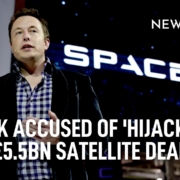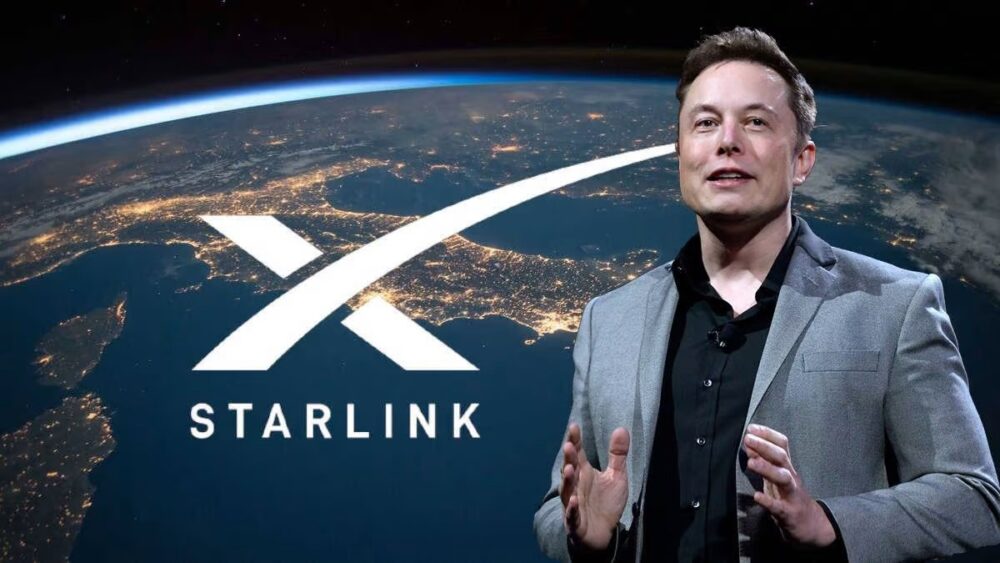Musk accused of ‘hijacking’ £5.5bn satellite deal
In a filing with the Federal Communications Commission (FCC), SpaceX demands the Commission “expeditiously review and rescind” a decision to green light a £5.5 billion merger between American company Viasat and Britain’s Inmarsat. SpaceX, which had unsuccesfully tried to block the takeover, claims Viasat is causing interference with its satellites and breaching its licensing conditions in a long-running row between the two companies. It says the regulator has “improperly” failed to consider its claims the first time and that the acquisition was “contrary to the public interest” because of Viasat’s “blatant disregard” for regulations. Viasat says the FCC had already found it “qualified to obtain licences” and that its rival’s latest assault was an attempt to “hijack” the takeover. It also accuses Musk of creating the risk of orbital collisions by launching thousands of small satellites.
These are old arguments that have been tried and failed before – the FCC expressly rejected them in clearing the acquisition. And they will certainly fail again. Our focus is on integrating Inmarsat’s assets and capabilities into the Viasat family to offer the innovative new services our customers want.
SpaceX loses Starlink Mexican domain battle
SpaceX loses a cybersquatting challenge against StarGroup, a 60-year-old Mexican telecommunications and entertainment services company in Mexico that registered the domain name starlinkmx.com. StarGroup’s brands include Star TV, Star Go, Star Line and Star Group.
The company applied for trademarks in Mexico for Starlink for communications starting in 2015. In November 2017, SpaceX legal representatives contacted StarGroup, initially not naming its client, to see if StarGroup would sell its Star Line and Starlink marks.
In finding for StarGroup, the WIPO panel noted that the company’s brand name starts with star, and it has a history of naming products that start with star. The panel also pointed out that StarGroup applied for trademarks in 2015, which predates SpaceX’s intentions to use the mark. The panel found that SpaceX did not show that StarGroup lacked rights or legitimate interests in the domain and did not show that StarGroup registered the domain in bad faith.


